Entrepreneurial caretakers of nature
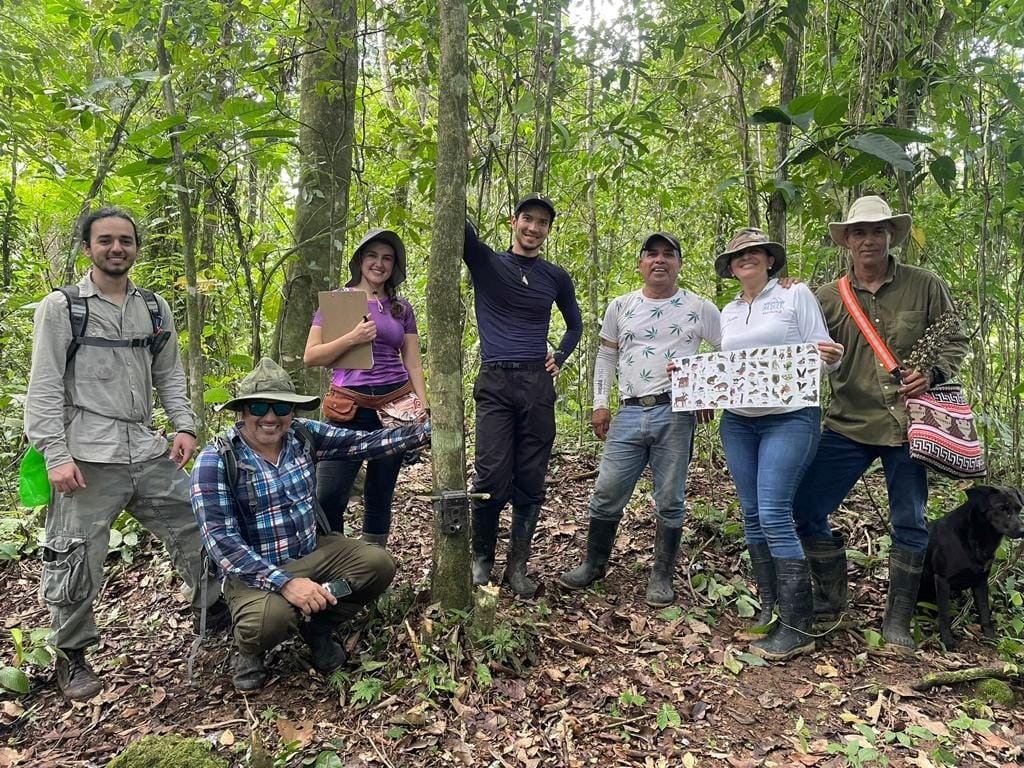
Camera-trap training session with representatives of one winning community. Credit - Fabiola Chinino.
From neighbourhood competition to national network
In Costa Rica, living with jaguars and pumas is part of everyday life for many rural communities, but access to opportunities is rare. With support from the Darwin Initiative, we tried something different: a national Friends of Felids contest to show that it is possible to conserve nature and also receive benefits. The contest invited organised groups to compete for a green label linking local products and services to wildlife stewardship and, more importantly, to join a new peer network to facilitate coexistence of people and big cats.
Sixty-five communities reached out to compete, many from unexpected corners all through the country. Some had camera-trap records ready, others had only stories and conviction. To organise and encourage participation, leaders went door-to-door, rallied women’s groups and youth, and built alliances with park rangers and municipalities. One participant told us simply, “We are caretakers of nature.” Another messaged after becoming a finalist: “How moving it is to know that we have advanced.”
The contest had two editions (2022 and 2023) and blended competition with coaching. Teams self-assessed their ‘wildlife governance’ (how local decisions about wildlife get made), received tailored feedback on their products and services, and showcased their efforts at the celebratory fair and award ceremony. Many improved their scores – especially in ecological value and entrepreneurship – while gaining confidence to tell the story behind their products and landscapes. We also saw ripple effects: more local monitoring of biodiversity, fresh eco-friendly idea development, and recognition from municipal governments.
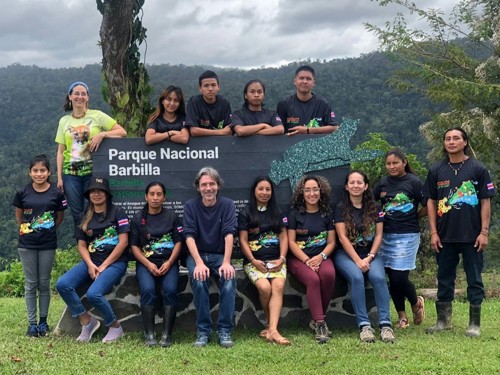
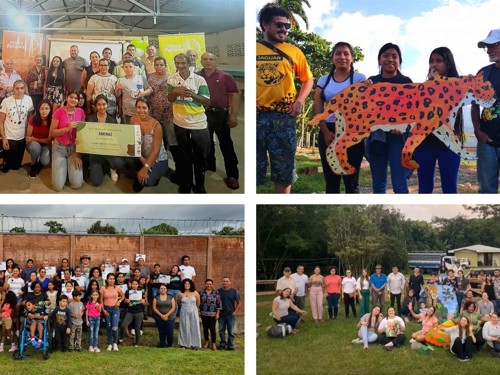
It wasn’t easy. Internet blackouts, long travel distances, and administrative hurdles strained local leaders. Pre-existing tensions surfaced, reminding us that contests set rules that don’t fit everyone the same way. Those moments taught us to slow down, co-design, and keep equity at the centre.
What we heard initially was ranchers were worried about calves, and women’s and youth groups were hoping to turn crafts or homestays into income. During the contest, neighbours who had never met, or barely talked, started swapping wildlife stories and photos. For many, camera-trap images made coexistence feel real and exciting. “You wouldn’t believe the joy,” said one participant. They also gave communities the confidence to invite visitors and partners.
What endures is the network; neighbours who now know about each other’s efforts, contacts with authorities that didn’t exist before, and a shared sense that conservation and dignified development can move together. Our forthcoming paper (in review) distils practical lessons for anyone considering contests as a tool for wildlife conservation: make it fun, make it fair, and regardless of the winners, make sure every community leaves stronger.
Written by Ronit Amit. For more information on this Darwin Initiative Main project 28-016, led by the University of Costa Rica, please click here.
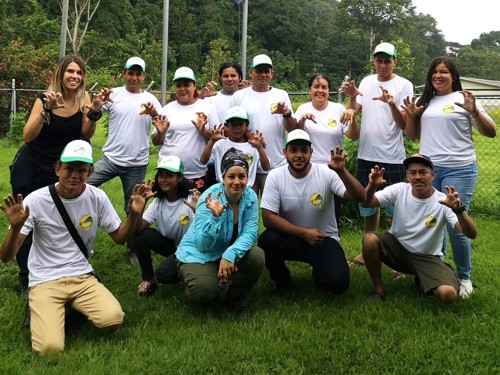
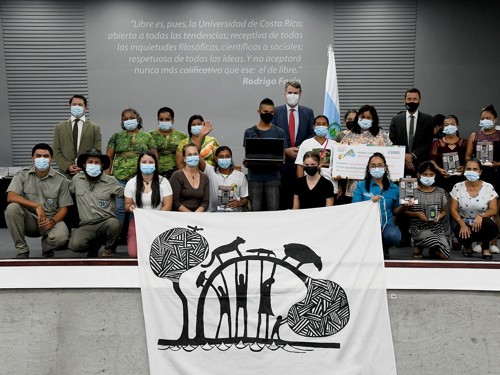
 Back
Back